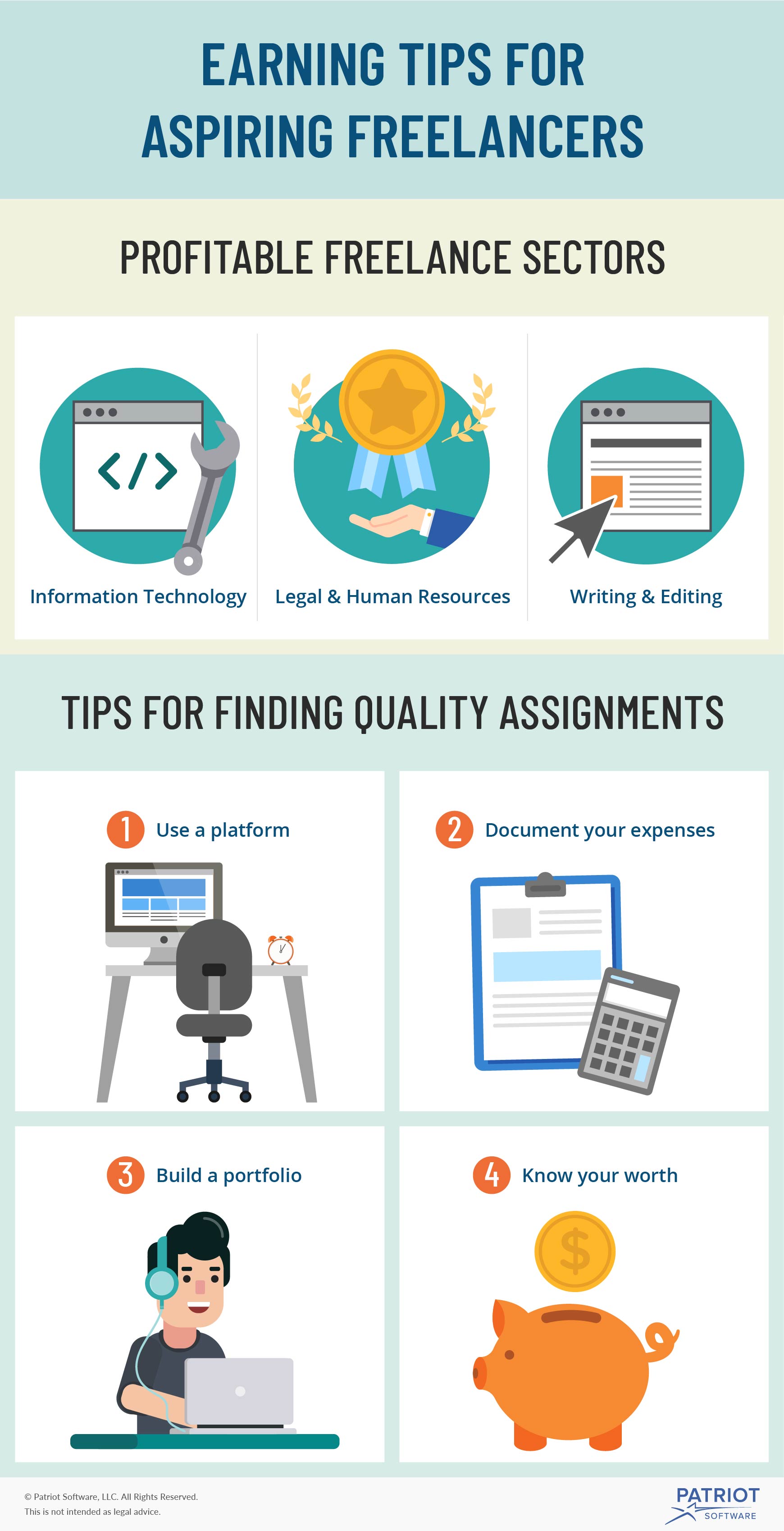If ‘Content is King,’ then his enigmatic, often-ignored brother Context is the Duke. Before delving into the potentially lucrative opportunities waiting for us in the arena of freelancing, let’s take a moment to consider why self-employment is on the rise and ‘freelancing’ has become a household word.
Reasons freelancing is on the rise
Here are a few reasons for the popularity of freelancing.
Shifting industry giants
In the middle of the 20th century, the American economy was dominated by industrial corporations. Only 12% of the companies that made Fortune’s 500 in 1955 remain on that list 65 years later. Today, the top spots are commanded by retail, tech, and healthcare.
Over 70% of Americans now work in service-providing professions where the salaried positions are scarce and the turnover is higher. Most strikingly, according to a Pew Research Study, nearly 10% of Americans are self-employed, and this 10% directly employs another 20%.
Change in compensation
For years now, salary structures have been failing to incentivize long tenure with a single company.
Many employees are kept at an hourly pay rate, salaries aren’t keeping up with the cost of living, and benefits packages are shrinking.
Some companies maintain a large percentage of part-time workers so that they don’t need to provide any kind of benefits. For positions where gratuity is a portion of the compensation, tips are emphasized over base pay.
Higher turnover
The vast majority of employees are ‘at-will’ rather than contracted, giving both the employer and employee the ability to terminate the employment, without notice or cause. More often than not, employees end their own employment. With Millenials dominating the current workforce, flexibility is a higher priority than stability.
Profitable freelance sectors
In specialized fields, experienced freelancers can demand premium rates because the company is still saving money. The industries that offer the best chance for successful freelancing are fields where a single person can complete isolated projects with little or no overhead.

1. Information technology
Freelance positions in communications, software development, tech support, and online security can be highly profitable for freelancers with the right skill set. Because technological intelligence is a very expensive commodity, most businesses outsource a large portion of these jobs. Since the need is situational, most freelancing IT professionals keep a large, rotating client base.
2. Legal & Human resources
Like information technologies, legal and HR is specialized and pricey. From recruiting to contract review, many companies bring in this type of consultant during times of growth. Unlike many freelance sectors, this one generally requires the freelancer to have a specialized degree (or several), not just the skills.
3. Writing & editing
Freelance writing is a tricky industry. Like cooking, driving, and dancing, most people think they can do it better than they can. Because so many freelance writers have swelled the ranks of this niche, it can be hard to find lucrative assignments until you build up a resume and a reputation.
Tips for freelancers
Because freelancing generally sounds pretty appealing, there are a lot of people who dabble at it. The double edge of that sword looks like this:
CON: There are a lot of riff-raff out there who clutter things up for the pros.
PRO: If you know how to separate yourself from the herd, you can really shine.
Here are four tips to enhance your likelihood of finding quality assignments and maximizing your ability to be profitable.
1. Use a platform
With the rise of amateur freelancers, online platforms have become big business. There are a multitude of sites that offer a range of services.
Some sites charge the freelancer a monthly fee while others take a percentage of earnings. Other differences revolve around whether they support a more specific or general market. For newer freelancers, a general market may be best to cast the widest possible net.
Once you’ve established yourself a bit and narrowed your niche, other sites offer a targeted approach. Some even have a rigorous screening process. If you have the chops to make the cut, this can really boost your earning potential.
In addition to communication and search features, many platforms also protect both freelancer and client. The ability for clients to positively and negatively affect individual ratings and site feedback generally keep the freelancers in line. For the protection of the freelancer, many sites hold the client’s payment in escrow or insure payment for a documented job even if the client reneges.
In general, I recommend getting started on a freelancing platform. Once you have a reputation, a portfolio, and some trust with individual clients, it will be up to you whether the platform’s fees continue to be a worthwhile expense.
2. Document your expenses
A common mistake among freelancers is to pay attention to the money they’re making and not the money they’re spending. Even if your bedroom is your office and you are the only employee, as a freelancer, you are a small business owner and should act as such.
Unless you’ve specifically set this up, you are likely not having payroll tax deductions come out of the money you earn from clients. Come April 15th, you may end up owing a substantial amount on what you’ve earned.
From ink pens to home internet, many expenses can be written off your income if you document them and file your taxes correctly. Tracking your expenses with accounting software is a good way to keep a paper trail.
Depending on the nature of your business, routine transportation expenses like tickets, gas, tolls, and parking can subtly edge into your profits. Using a credit card with travel rewards can be an effective way to categorize these expenses and earn additional benefits in the process.
3. Build a portfolio
Since many freelance assignments are completed remotely, credibility is key. Until you have a work history with a particular client, they will want to see what you do and how well you do it. Take time to put together a comprehensive and professional resume, complete with a portfolio, list of projects, and previous clients you know will give you a good referral.
A website is an excellent way to showcase your skills. Websites are easy to communicate to potential clients, they give a sense of credibility, and they are a space that you control completely.
4. Know your worth
Most full-time freelancers undercharge their clients and therefore struggle to make a living completely self-employed. One of the biggest mistakes freelancers make is comparing their hourly rate to the rate they would make as an employee. This is an apples-to-oranges comparison.
As a freelancer, you need to factor in work expenses, lapses in employment, and all the time you spend looking for and negotiating jobs instead of working them. Because clients are generally not interested in your ‘growth,’ they will rarely simply offer to pay you more money.
However, because a reliable, talented freelancer is much more economical to retain than a string of fishy ones, clients can be very amenable to a compensation increase if you suggest it. This is especially true at a time when you are taking on a new project.
People will pay you to deliver value. If you can do something for your clients that they cannot do for themselves or cannot afford a full-time employee to do, then you will have value to them – possibly a great deal of value.
As a freelancer, it can take a while to develop the necessary momentum for success, but once you have a few successful clients in your portfolio, you will see that others come more easily. Have faith in your ability, and always be honing your craft.
These views are made solely by the author.
